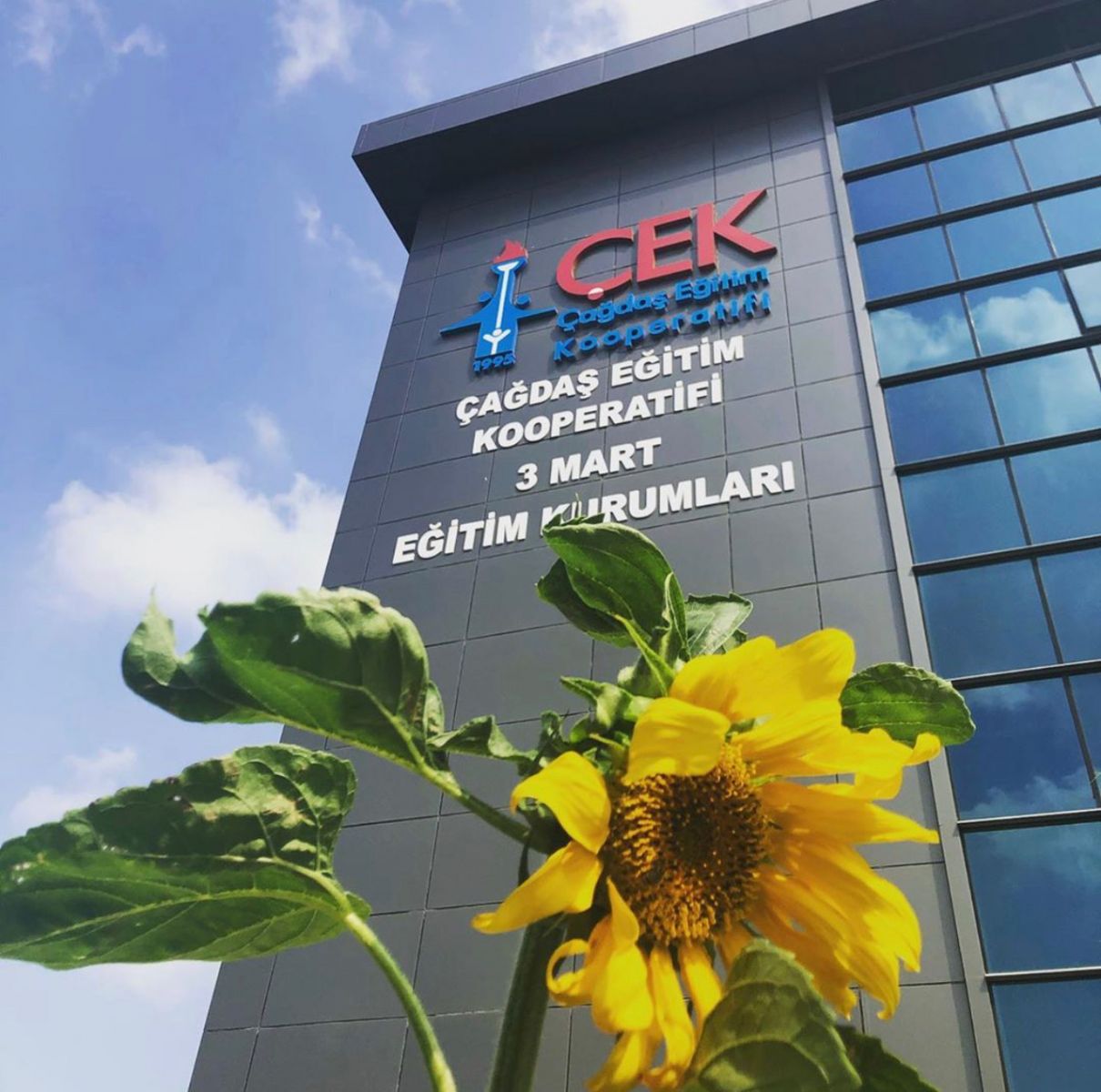Environmental Projects
Contemporary Education Cooperative is a social cooperative with a strong emphasis on environmental and social awareness. We are aware that our primary focus is not only on improving our institutions but also on raising environmentally and socially conscious generations. At 3 March Education Institutions and dormitories, our goal is to provide our students with not only academic success but also awareness in environmental consciousness and sustainability.
Through our environmentally friendly practices and projects, we aim to educate our students on topics such as conservation of natural resources, waste management, recycling, and energy efficiency. Our schools are equipped with eco-friendly classrooms, gardens, compost areas, and facilities with renewable energy sources like solar panel roofs. We organize various activities to enhance our students' understanding of nature and instill a sense of responsibility towards the environment.
As Contemporary Education Cooperative, we are aware of our environmental and social responsibilities, and we strive to educate our students not only academically but also as individuals equipped with environmental and social awareness
Some of the environmental projects we have implemented include:
The Eco-Schools Project
Eco-Schools is an international environmental education program aimed at creating awareness among students, fostering the adoption of sustainability principles, and encouraging action to address environmental issues. The Eco-Schools program is a participatory process that involves students, teachers, school staff, and the community.
Eco-Schools promotes environmental management in schools by implementing improvements in areas such as energy and water conservation, waste management, eco-friendly transportation, conservation of natural habitats, healthy lifestyles, and preservation of cultural heritage.
The Eco-Schools program is implemented in many countries worldwide and encourages schools to take steps to reduce their environmental impacts. Schools have the opportunity to obtain certification and join an international network by implementing eco-friendly practices. This way, students become conscious individuals in environmental matters, while schools take on an exemplary role in sustainability and environmental protection.
Our school has been participating in the Eco-Schools Project since the 2011-2012 academic year. We have successfully completed the first stage of the project, "Waste and Litter," the second stage, "Energy," the third stage, "Water," and the fourth stage, "Biodiversity," receiving the Green Flag Award four times. Our project continues with the theme of "Our Consumption Habits.
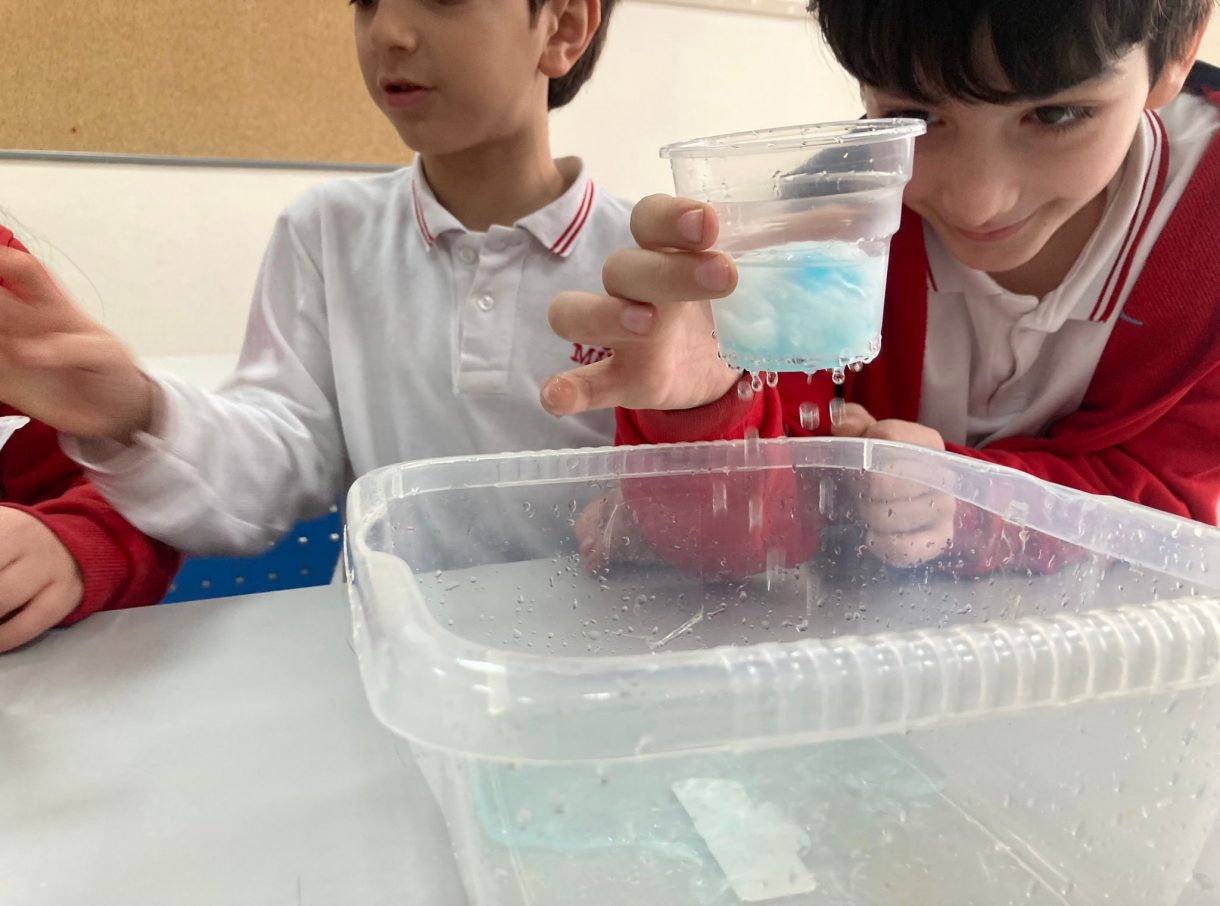
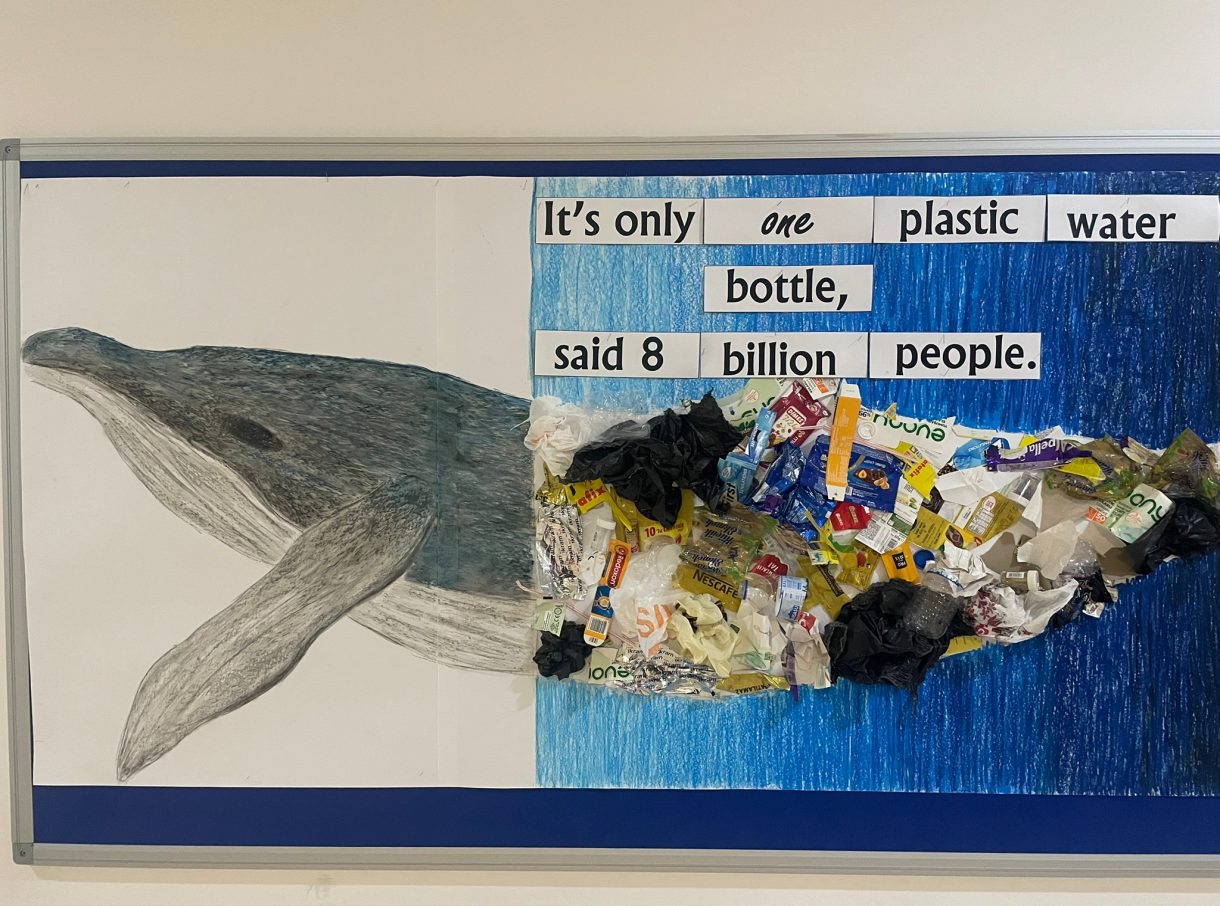
The Crop Cultivation Project
The Crop Cultivation Project is an initiative aimed at promoting agricultural practices and fostering a deeper understanding of food production among students. Our goal is to educate students about the process of growing crops and the importance of sustainable agriculture. Additionally, we aim to provide students with hands-on and experiential learning opportunities in relevant subjects throughout the academic year.
As part of this project, a designated area in the school garden is allocated for crop cultivation. Season-appropriate seeds are sown, allowing students to observe the entire production process. Students actively participate in every stage, from preparing the soil to planting seeds, nurturing the plants, and harvesting the crops.
Through this project, students gain practical knowledge and skills related to crop cultivation. They learn about soil preparation, seed sowing, plant care, and harvesting. This experiential approach enhances their understanding of sustainable agriculture and instills a sense of responsibility towards food production and environmental stewardship.
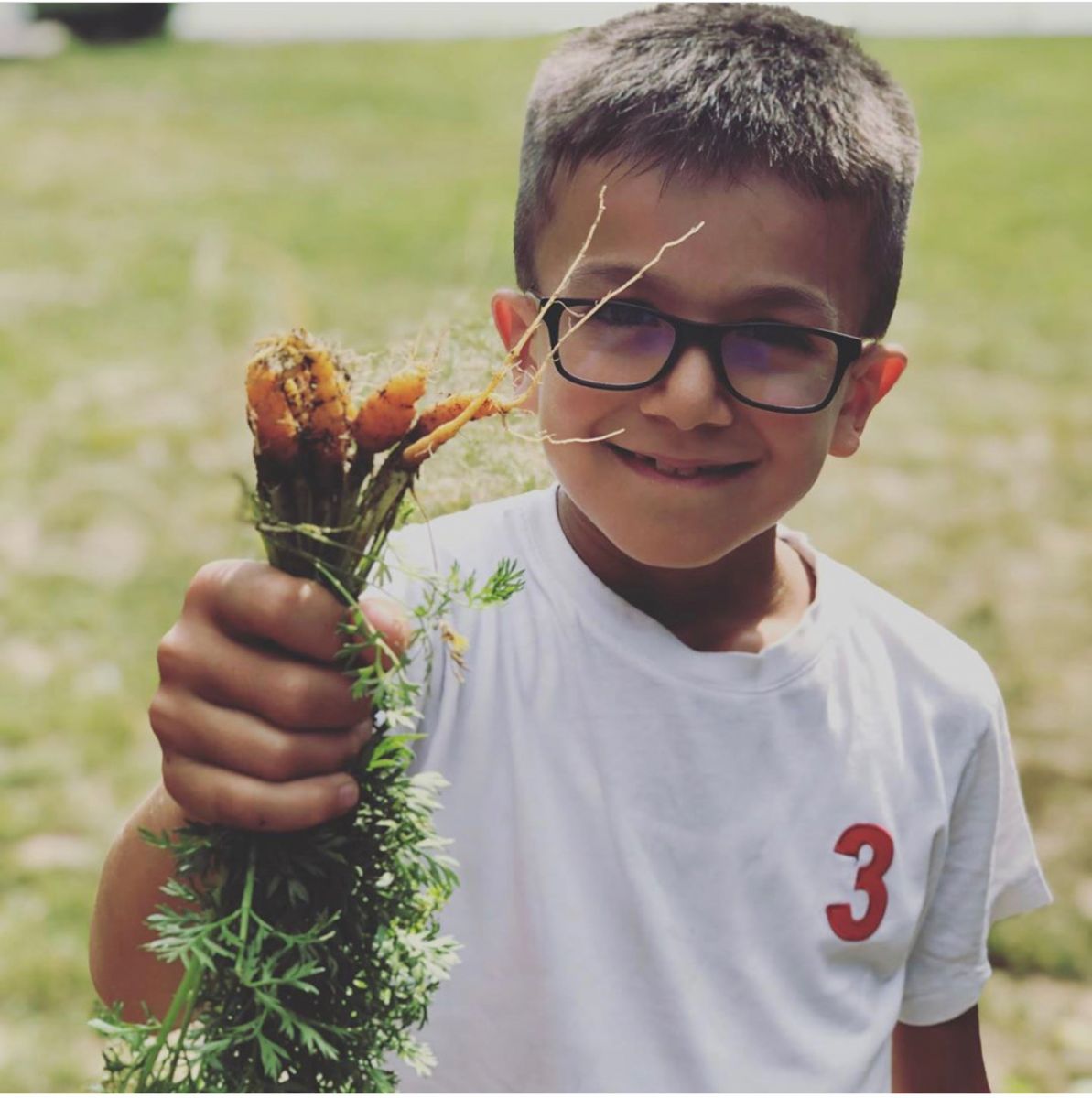
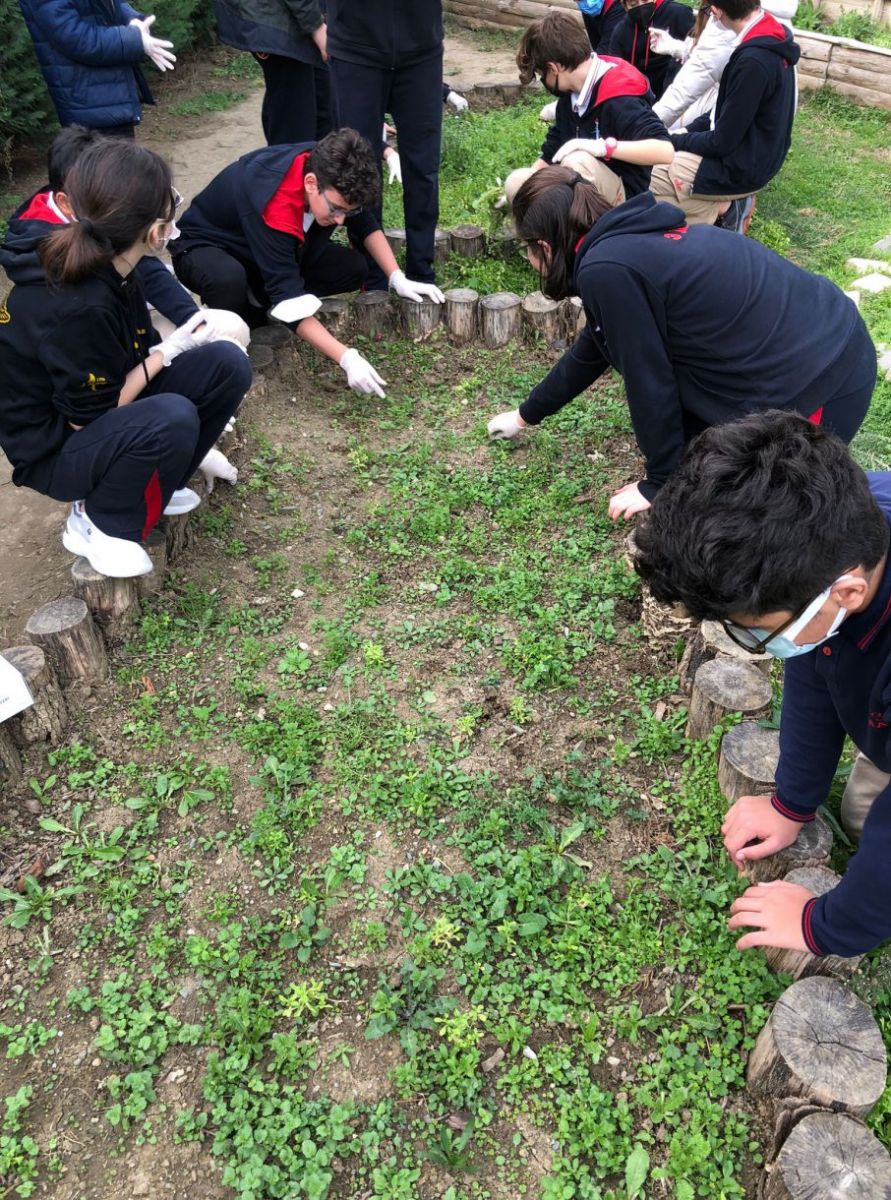
TEMA Project
Within the scope of the project, the aim is to raise students' awareness and sensitivity towards the dangers of soil erosion, desertification, and forest fires on our country's lands. In addition to the activities carried out throughout the year, we ensure that every student graduating from primary, middle, and high school levels plants 10 trees. In other words, it is aimed for our students from 3 Mart Schools to contribute to the environment by planting a total of 30 trees before transitioning from elementary school to middle school and from middle school to high school. Every parent enrolling their child in our school is aware that their child's progression to the next grade level is contingent upon fulfilling this requirement.
Since the inception of the project, thousands of trees have been planted in designated areas provided by the Forest Provincial Directorate in Orhaneli, Göynüklü/Mudanya, and Ovaakça/Osmangazi regions, creating memorial forests.
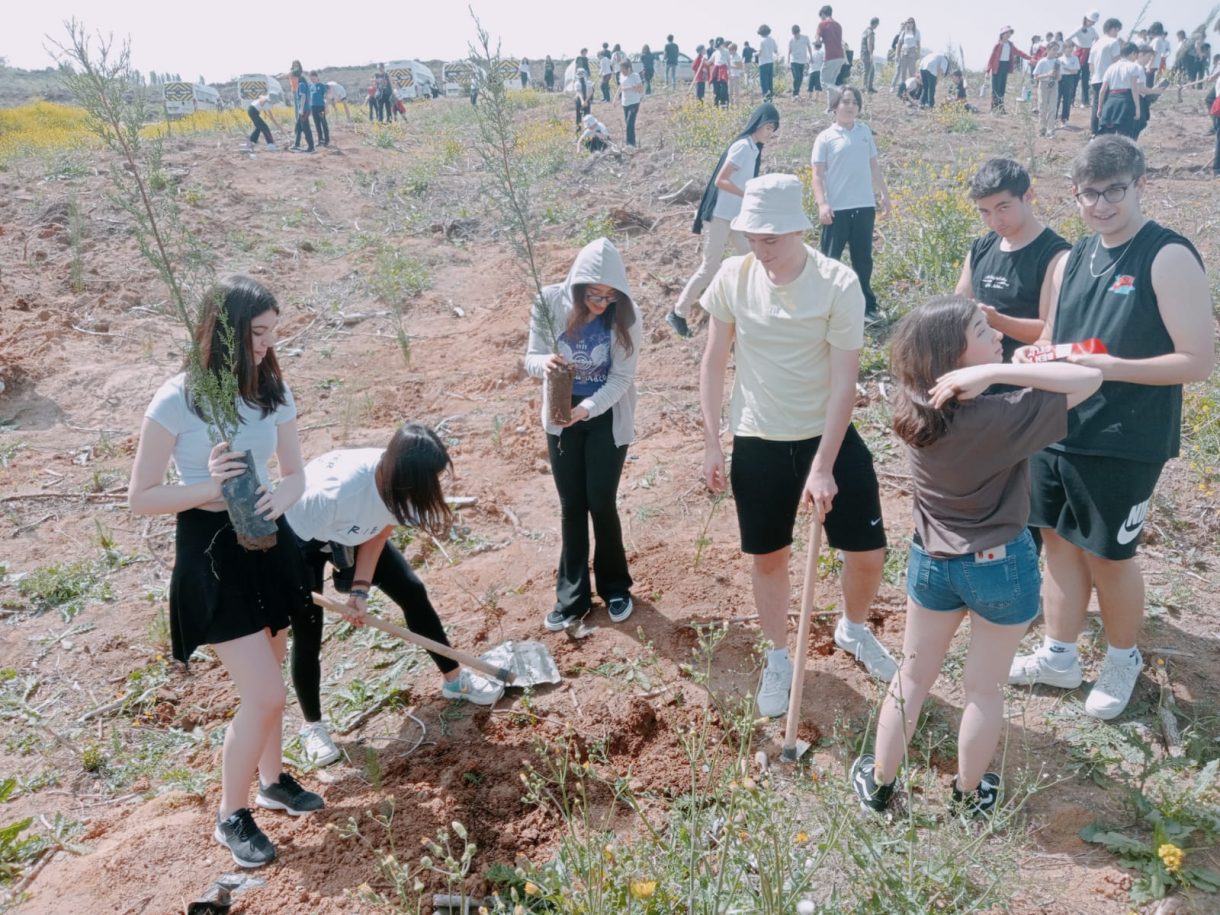
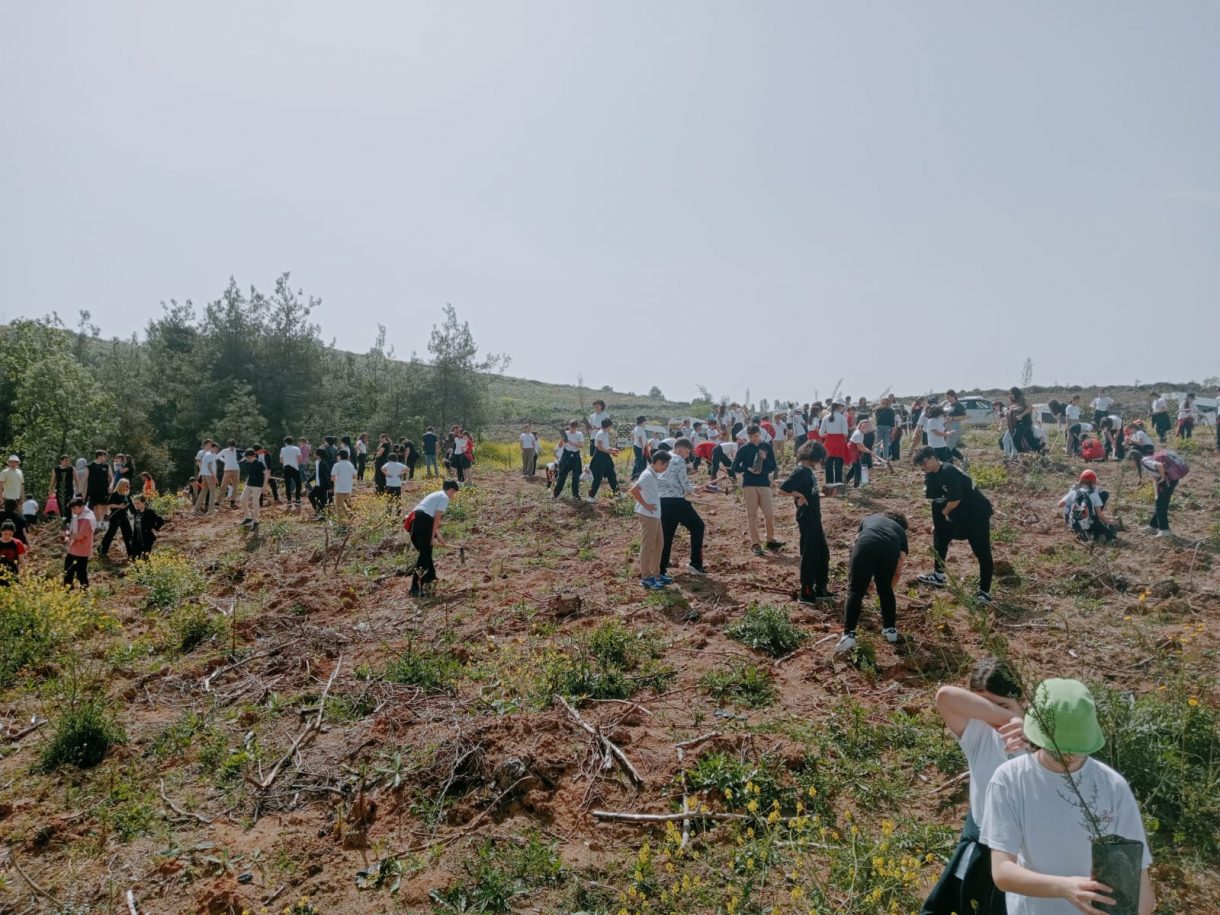
CECOSYSTEM and The Zero Waste Project
CECOSYSTEM Project aims to identify the environmental impact (carbon dioxide emissions, wastewater discharge, non-recyclable waste, etc.) caused by the elements that constitute our school's ecosystem and investigate the extent of compensation for these damages, as well as to increase the rate of compensation. Upon completion of the project, we aspire to become the first educational institution with the "Zero Carbon Footprint" and "Zero Water Footprint" logos, serving as an example to other educational institutions.
The Zero Waste Project, which complements the CECOSYSTEM Project, focuses on ensuring that our students and staff separate and recycle their waste instead of disposing of it directly. Food and plant waste is directed to the compost area in the school garden, while glass, plastic, paper, and other recyclable waste are placed in recycling bins. According to the agreement with the municipality, these waste materials are collected on specific days of the week to ensure they reach the proper facilities. Additionally, throughout the year, we organize a used cooking oil collection campaign with our students, rewarding those who bring the most used oil and encouraging others to participate. Furthermore, we collect and recycle paper materials (books, notebooks, etc.) used by our students throughout the year.
.jpg)
